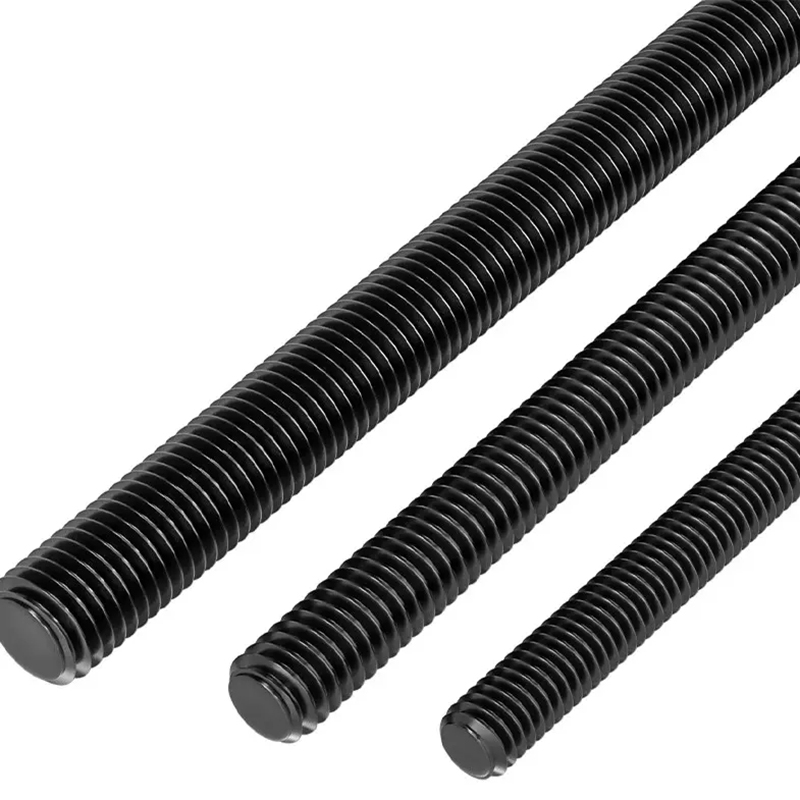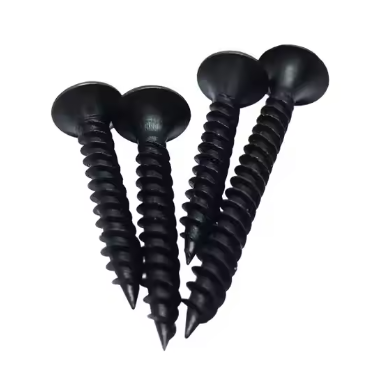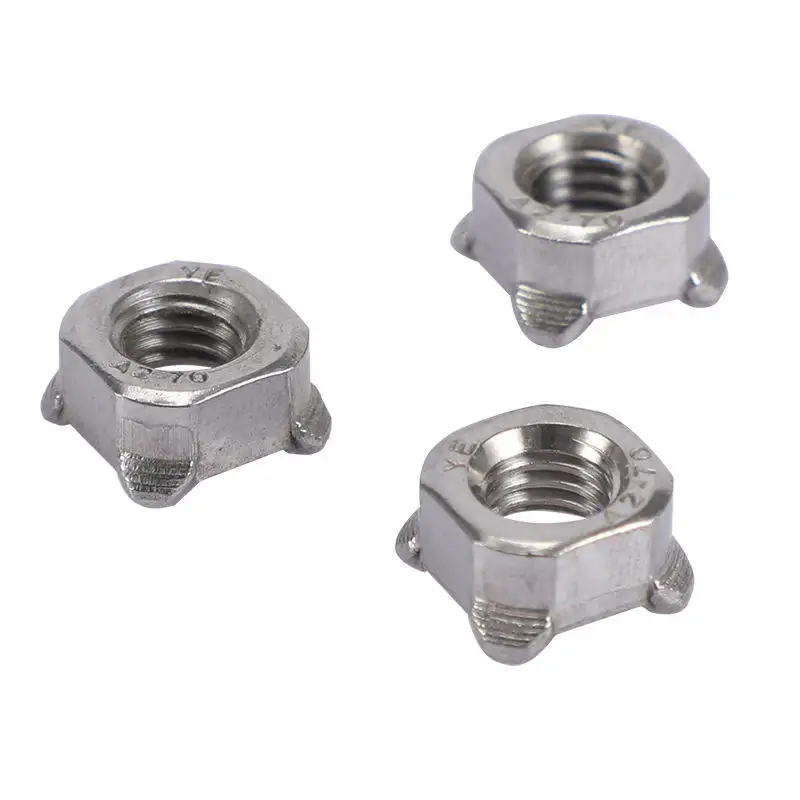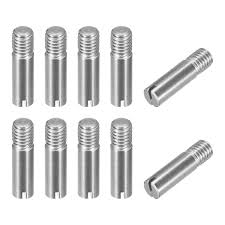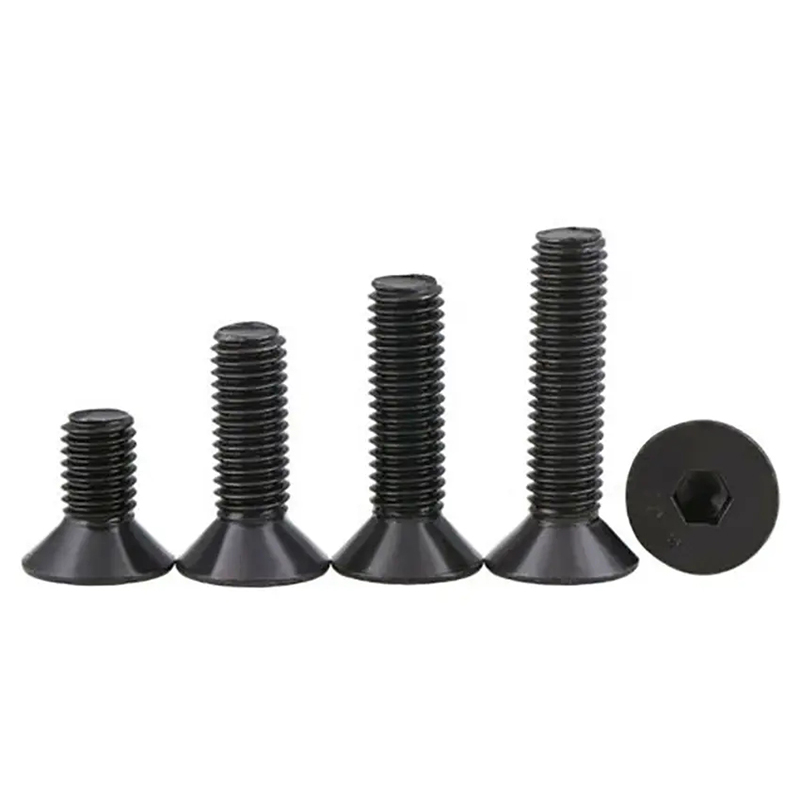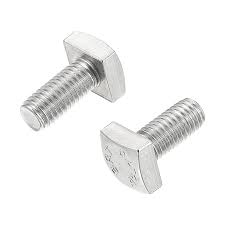

This guide provides a detailed overview of locknut manufacturer options, helping you choose the right supplier for your specific needs. We explore different types of locknuts, their applications, and key factors to consider when selecting a locknut manufacturer. Learn about material choices, quality control processes, and how to ensure your chosen supplier meets your industry standards. We also discuss crucial aspects like pricing, lead times, and the importance of reliable partnerships.
Hex locknuts, a common type, are characterized by their hexagonal shape, offering a secure grip for various applications. Their versatility makes them suitable for a wide range of industries. Different sizes and materials are available depending on the specific application requirements.
Castle nuts feature a slotted top, allowing the use of a cotter pin for added security. This is particularly important in applications where vibration or movement could loosen a standard nut. They're commonly used in automotive and aerospace industries where safety is paramount.
Nylon insert locknuts contain a nylon insert that grips the bolt threads, providing vibration resistance and preventing loosening. The nylon insert conforms to the bolt's threads, ensuring a secure hold even under challenging conditions. This type is widely used in applications prone to vibrations.
All-metal locknuts offer superior strength and durability compared to those with plastic inserts. These are ideal for high-strength applications and heavy-duty machinery. The absence of plastic makes them suitable for higher-temperature environments.
Selecting a reliable locknut manufacturer is critical. Here's a breakdown of essential factors:
The material of the locknut significantly impacts its strength, durability, and resistance to corrosion. Common materials include steel (various grades), stainless steel, and aluminum. The choice depends on the application's environmental conditions and required load-bearing capacity.
A reputable locknut manufacturer will adhere to strict quality control measures and possess relevant certifications (e.g., ISO 9001). This ensures consistent product quality and compliance with industry standards. Look for manufacturers who transparently share their quality assurance processes.
Ensure the manufacturer can meet your production volume requirements and deliver within your desired lead times. Inquire about their production capacity and their typical turnaround times. A reliable supplier will provide clear communication regarding lead times and potential delays.
Obtain detailed pricing information, including any minimum order quantities (MOQs) and payment terms. Compare quotes from multiple manufacturers to secure competitive pricing while considering factors like quality and reliability.
For high-quality locknuts and exceptional service, consider Hebei Dewell Metal Products Co., LTD. They offer a wide range of locknuts, providing solutions for diverse manufacturing needs. Their commitment to quality and customer satisfaction makes them a valuable partner for businesses seeking reliable components.
A locknut incorporates features designed to prevent loosening due to vibration or other external forces, unlike a regular nut.
The correct size is determined by the diameter of the bolt being used. Always refer to the specifications of your application and choose the appropriate size.
| Locknut Type | Material | Applications |
|---|---|---|
| Hex Locknut | Steel, Stainless Steel | General purpose fastening |
| Castle Nut | Steel | Applications requiring cotter pin |
| Nylon Insert Locknut | Steel with nylon insert | Vibration-prone applications |
Remember to always consult with a locknut manufacturer to ensure you select the most appropriate type and size for your specific needs.



